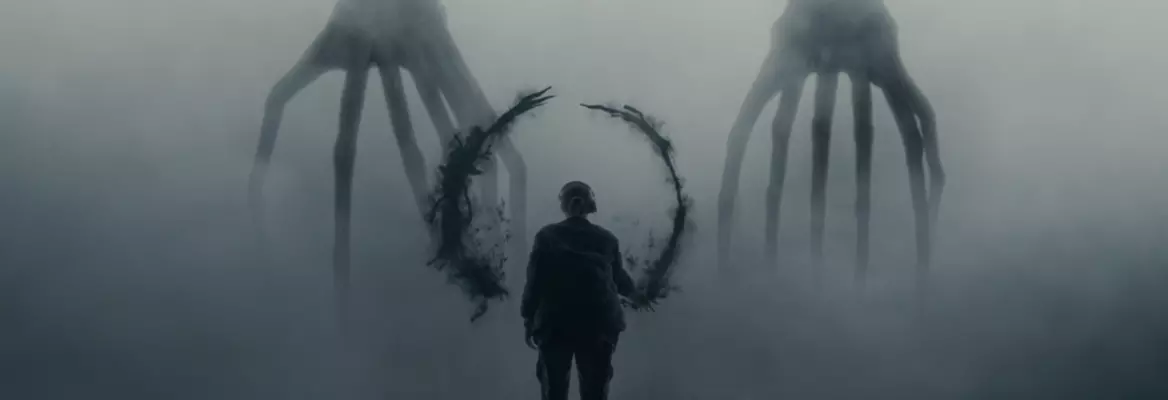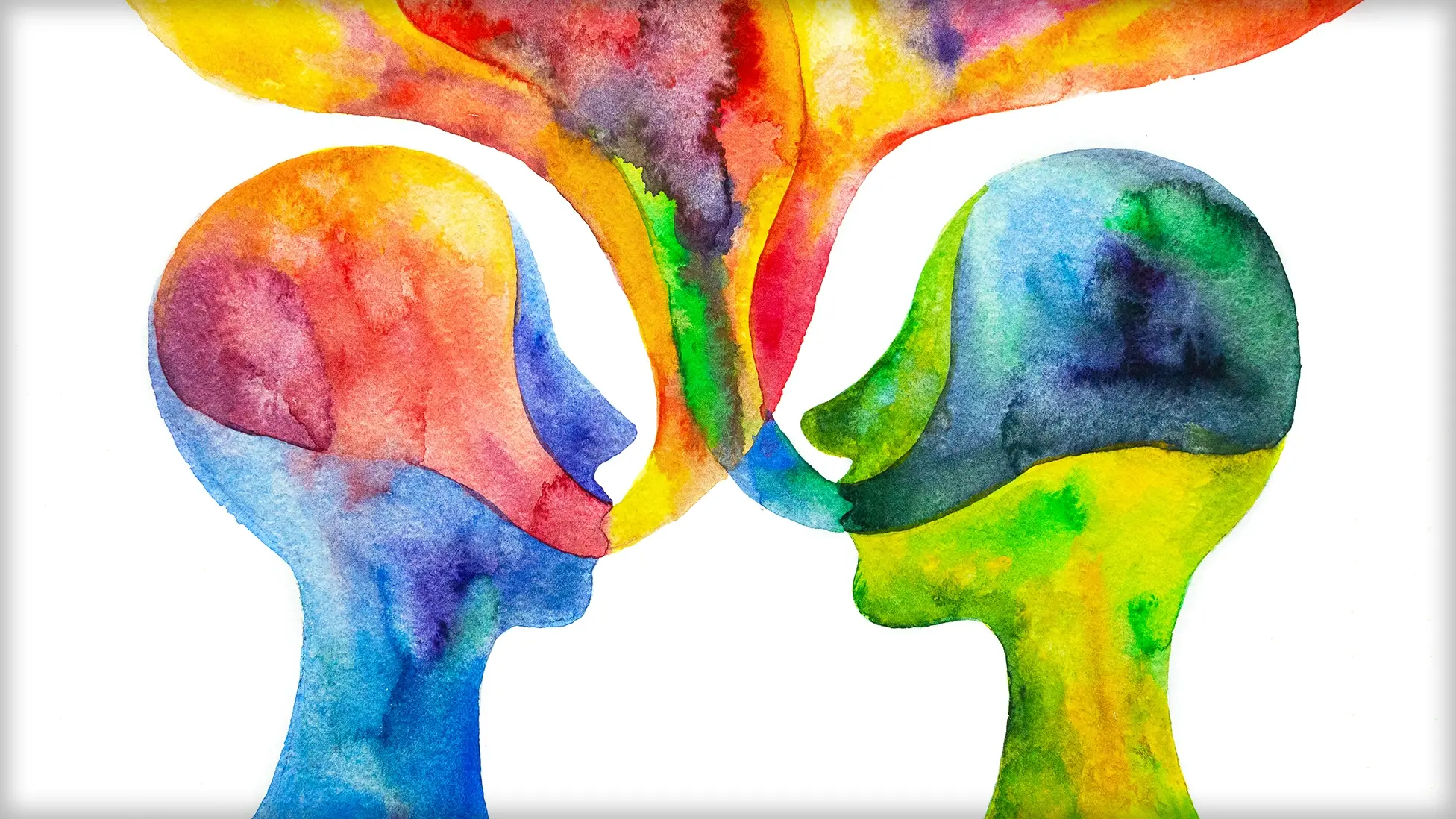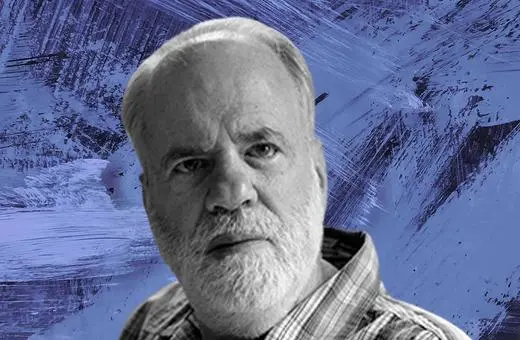For many, aliens only exist in the realm of science fiction. But regardless of whether aliens exist or not, the potential existence of extraterrestrial species throws into question our entire metaphysical framework, which has long gone unchallenged. In particular, we would need to rethink our understanding of language, which currently determines how we experience our world. But what if there were other languages out there that better captured reality? For theoretical philosopher Matti Eklund, these are the questions philosophy needs to be asking.
Suppose we find out how every human language works, down to the last detail. Do we then know how language works, full stop? Obviously not. There can be languages that are not human languages. Maybe some animals use other languages. Maybe extraterrestrials do. Maybe God does. Suppose we find out the truth about every language used, by every language-user. Even so, we don’t necessarily know how language works full stop. What about other merely possible languages could there be, not used by anyone?
SUGGESTED VIEWING The trouble with language With Hilary Lawson, Joanna Kavenna, Tim Maudlin
There are many kinds of possible differences between languages. Some differences concern surface matters like format. Where we use sounds and writing, other possible language users could use electric impulses or emit odors. But possible differences in format are relatively trivial. Other kinds of possible differences are semantic: they concern meaning. We use certain kinds of symbols with certain kinds of meanings. But might there be languages with symbols with different kinds of meanings? Speculating about this presents certain challenges. In his famous short story “Tlön, Uqbar, Orbis Tertius”, Jorge Luis Borges brings up possible languages without nouns, using verbs and adjectives in their stead. One language he describes has “no word corresponding to the word ‘moon’, but there is a verb which in English would be ‘to moon’ or ‘to moonate’”. The sentence corresponding to the English “The moon rose above the river” (“hlör u fang axaxaxas mlo”) corresponds to the English “upward behind the onstreaming it mooned”. This may be a strange language. But even Borges’ language is still firmly within the realm of known linguistic categories. It is verbs that are central. What might more radically different languages be like?
___
Languages present the world as being in different ways depending on what kinds of meanings their expressions have.
___
In my recent book Alien Structure: Language and Reality (Oxford University Press, 2024), I discuss what possible languages there can be, focusing on the possibility of languages whose expressions have different kinds of meaning. This has consequences for broader philosophical issues. Languages present the world as being in different ways depending on what kinds of meanings their expressions have. Already the kind of language that Borges describes arguably illustrates this. Some philosophers, prominent examples are Alfred North Whitehead and Wilfrid Sellars, have held that we should favor process ontologies – according to which the world fundamentally consists of processes – over ontologies that put things at center stage. Some such philosophers, Sellars among them, think languages much like that envisaged by Borges present the world the most faithfully. If there are more radically unfamiliar languages, then they present the world as being in different ways still. We are accustomed to thinking of the world as consisting of things and processes, corresponding to nouns and verbs. It is hard for us to see how the world could be different in kind from this. But maybe that is due only to our lack of imagination.






















Join the conversation